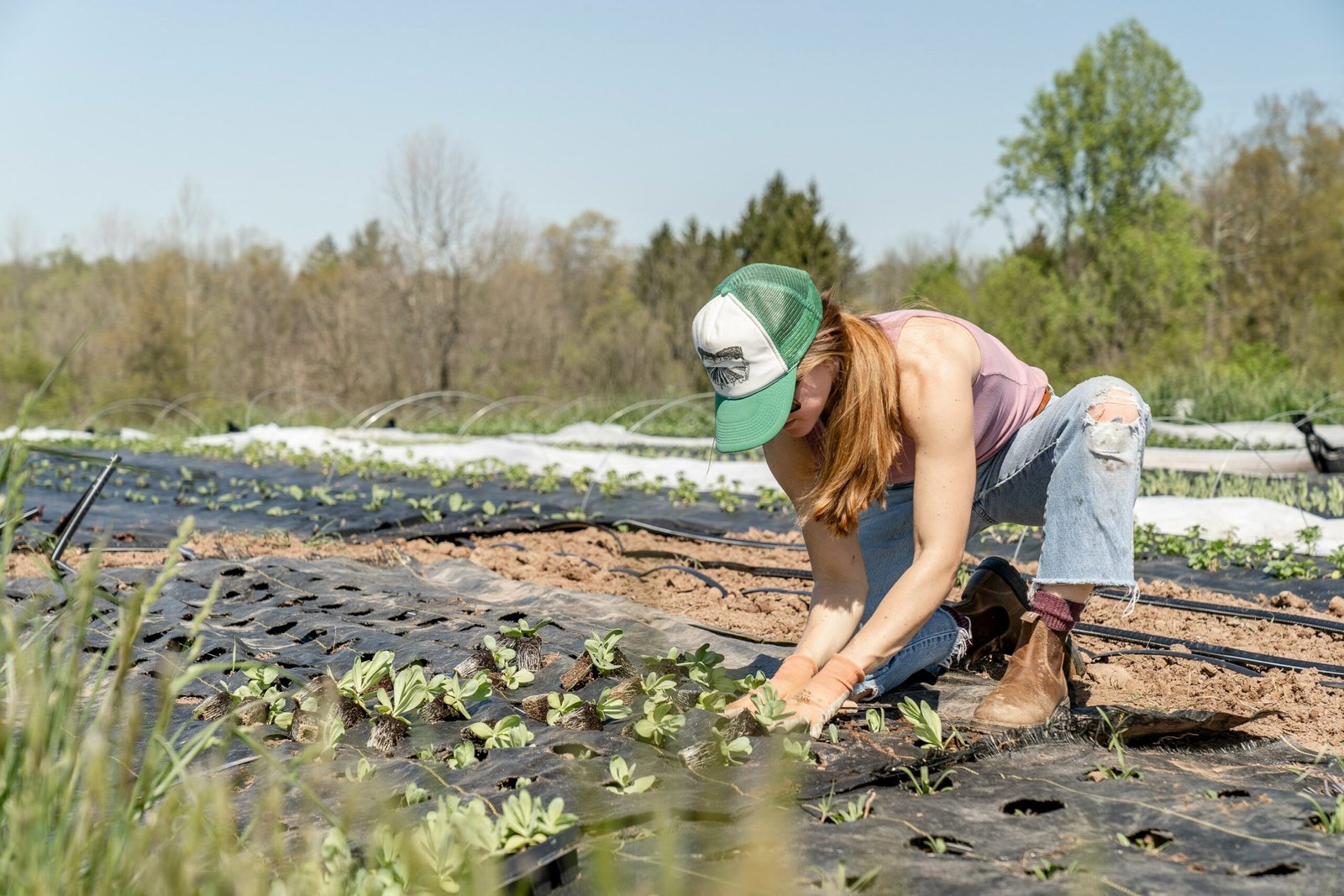As the world becomes more aware of the impact of human activities on the environment, there is a growing need for sustainable practices in various industries, including agriculture. Sustainable agriculture is an approach that aims to meet the needs of the present while preserving and enhancing the ability of future generations to meet their own needs. In this blog post, we will explore some of the latest eco-friendly farming practices that are being adopted by farmers around the world.
1. Organic Farming
Organic farming is a method that relies on natural processes and materials to maintain soil fertility and control pests. It avoids the use of synthetic fertilizers, pesticides, and genetically modified organisms (GMOs). Instead, organic farmers use techniques such as crop rotation, composting, and biological pest control to ensure the health of their crops and the surrounding ecosystem.
By choosing organic farming, farmers can reduce the negative impact of chemicals on the environment, protect biodiversity, and produce healthier and more nutritious food. Consumers also benefit from organic farming as they can enjoy food that is free from harmful residues and supports sustainable agricultural practices.
2. Precision Farming
Precision farming, also known as precision agriculture, involves the use of technology to optimize the use of resources in farming. It utilizes tools such as GPS, sensors, and drones to collect data about soil conditions, crop health, and weather patterns. This data is then used to make informed decisions about irrigation, fertilization, and pest control.
By applying inputs only where and when they are needed, precision farming minimizes waste and reduces the environmental impact of farming. It also helps farmers increase their productivity and profitability by maximizing crop yields and minimizing costs.
3. Agroforestry
Agroforestry is a farming practice that combines the cultivation of trees with crops or livestock. It involves the deliberate integration of trees and shrubs into agricultural landscapes to create a more sustainable and diverse farming system.
Trees in agroforestry systems provide multiple benefits. They help prevent soil erosion, improve water quality, and sequester carbon dioxide from the atmosphere. They also provide shade, shelter, and habitat for beneficial insects and wildlife. In addition, agroforestry systems can increase crop yields and diversify farmers’ sources of income.
4. Hydroponics
Hydroponics is a soilless farming technique that involves growing plants in nutrient-rich water solutions. Instead of using soil, plants are grown in containers or systems that provide the necessary nutrients directly to the roots. This method allows for precise control of nutrient levels, water usage, and environmental conditions.
Hydroponics offers several advantages over traditional soil-based farming. It requires less water, reduces the use of pesticides and fertilizers, and allows for year-round cultivation in controlled environments. It also enables farmers to grow crops in areas with limited arable land or poor soil quality.
5. Cover Cropping
Cover cropping involves planting specific crops, known as cover crops, during periods when the main cash crops are not growing. These cover crops help protect and improve the soil by reducing erosion, suppressing weeds, and adding organic matter.
By incorporating cover cropping into their farming practices, farmers can enhance soil fertility, conserve water, and reduce the need for synthetic fertilizers and herbicides. Cover crops also provide habitat for beneficial insects and contribute to the overall biodiversity of the farm.
These are just a few examples of the latest eco-friendly farming practices that are contributing to sustainable agriculture. By adopting these practices, farmers can minimize their environmental footprint, protect natural resources, and ensure a more sustainable future for generations to come.



































